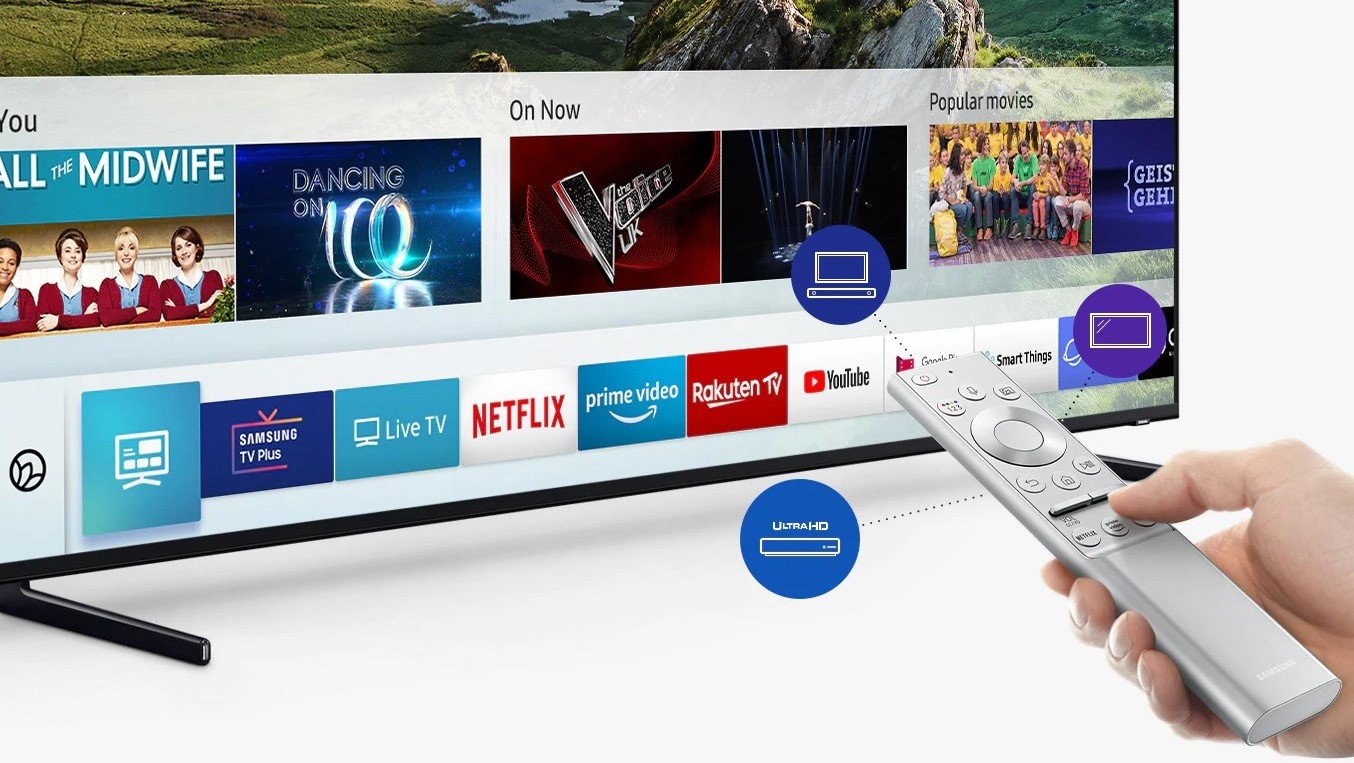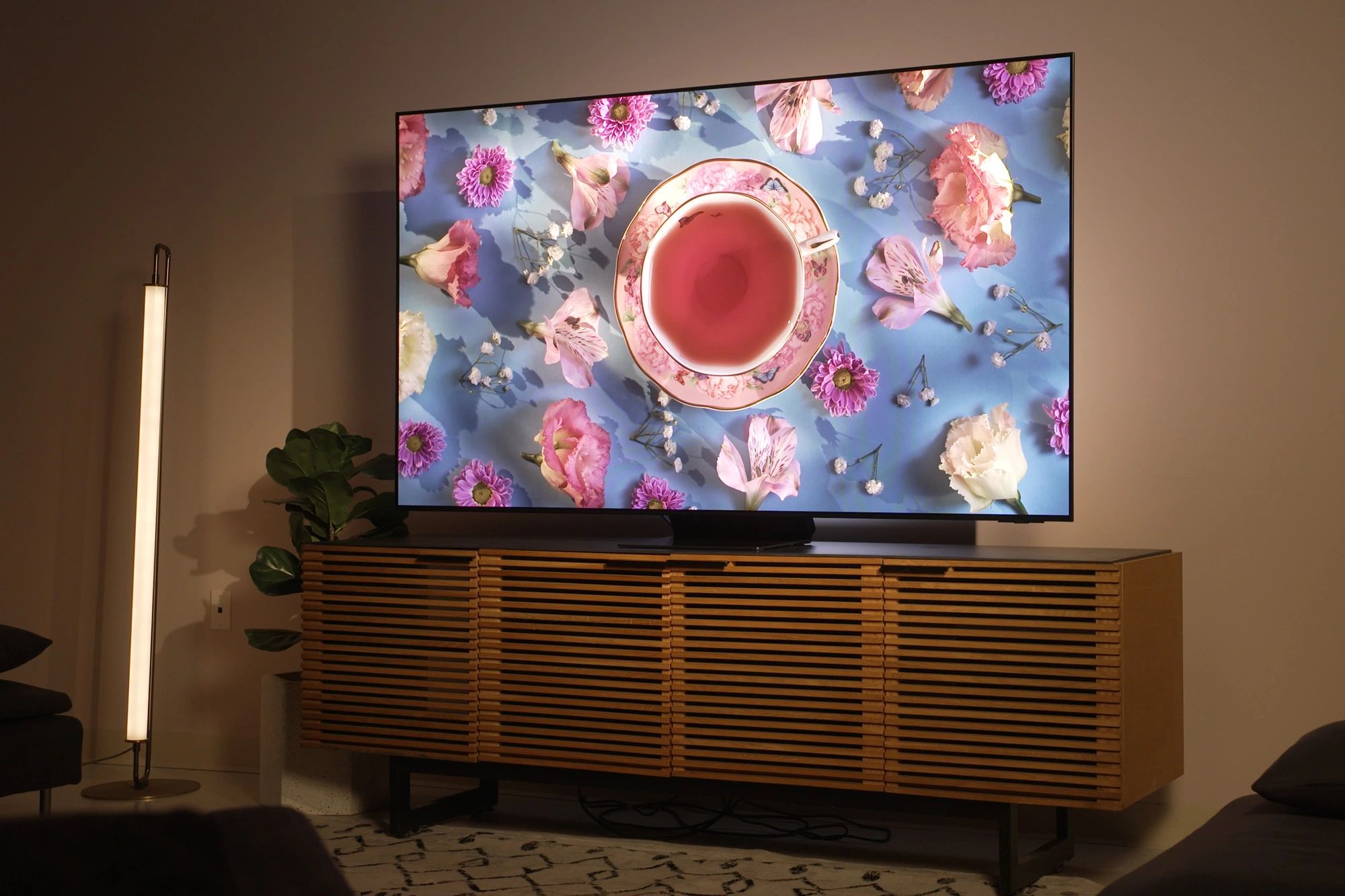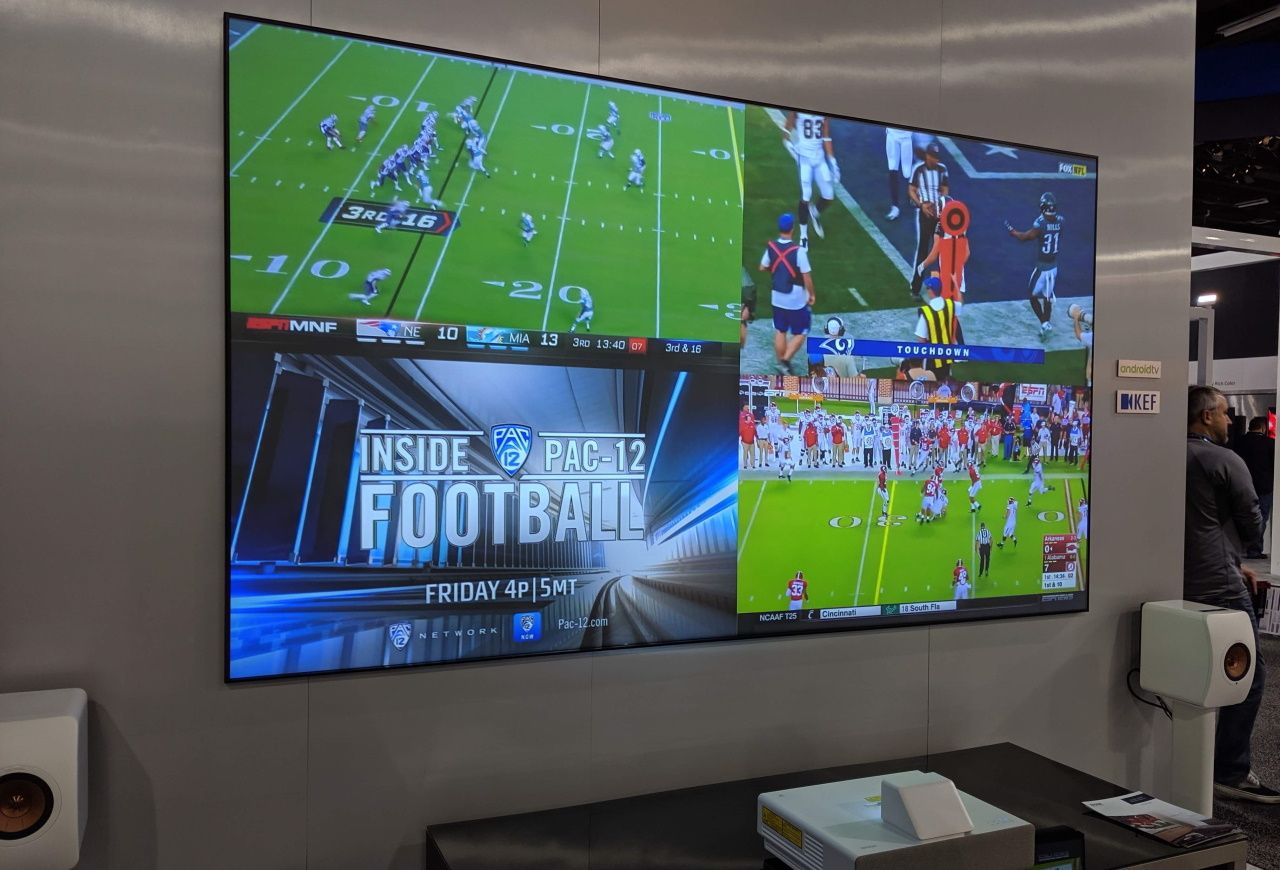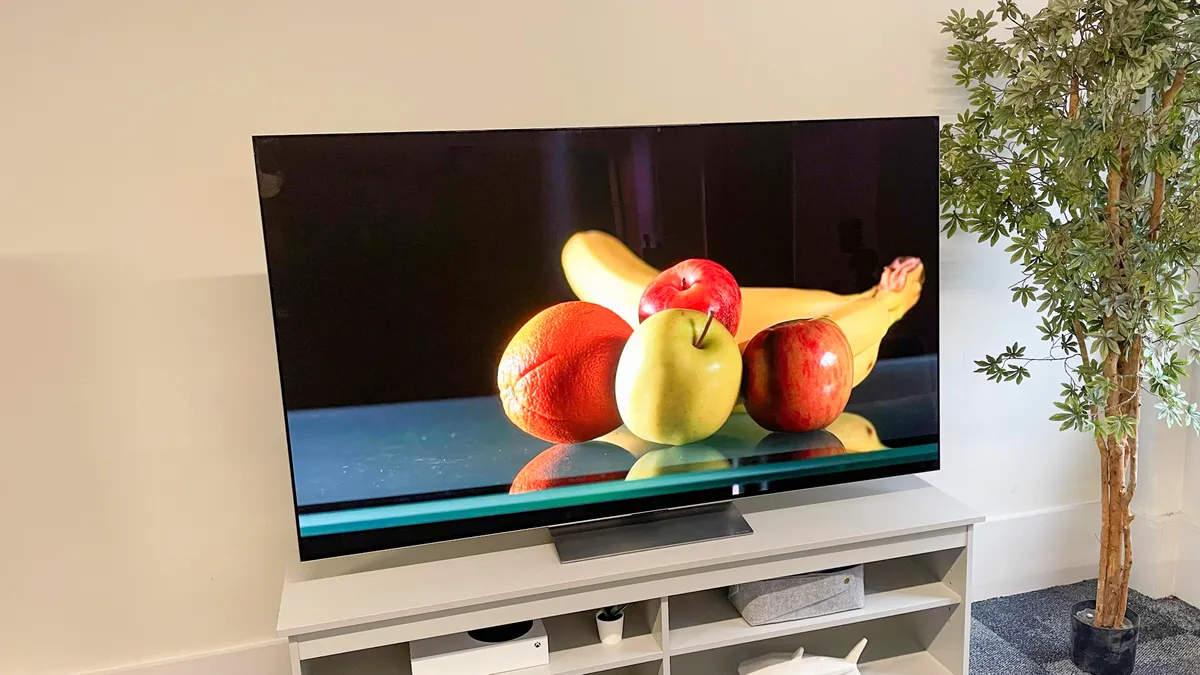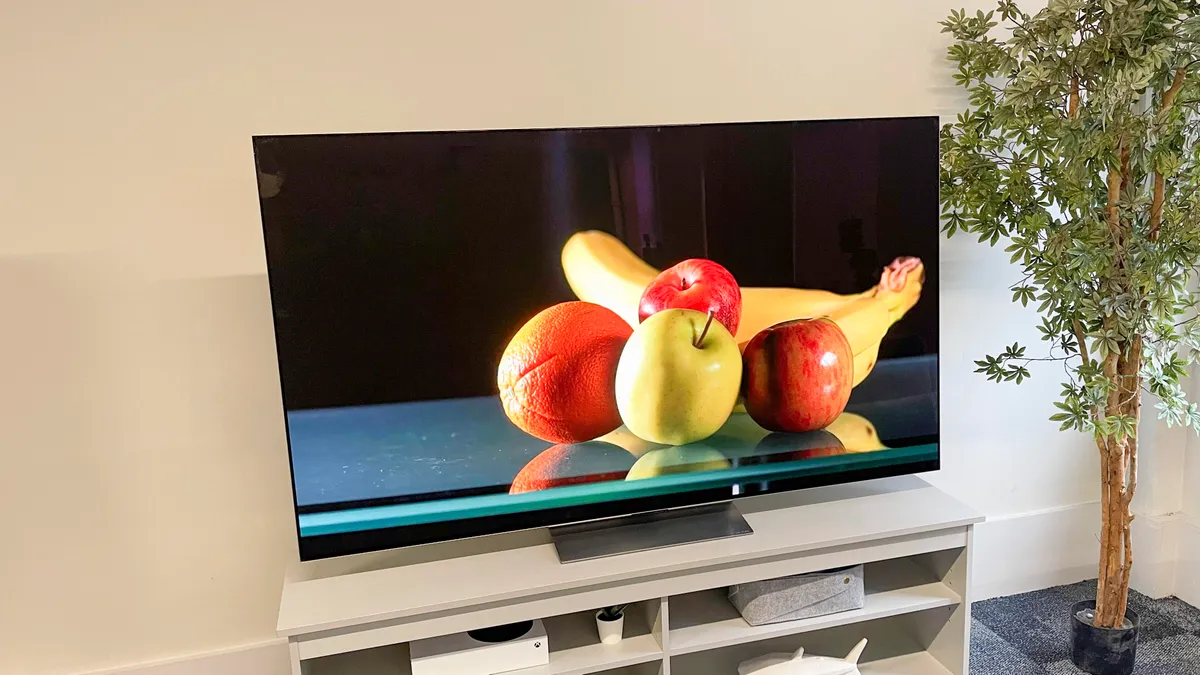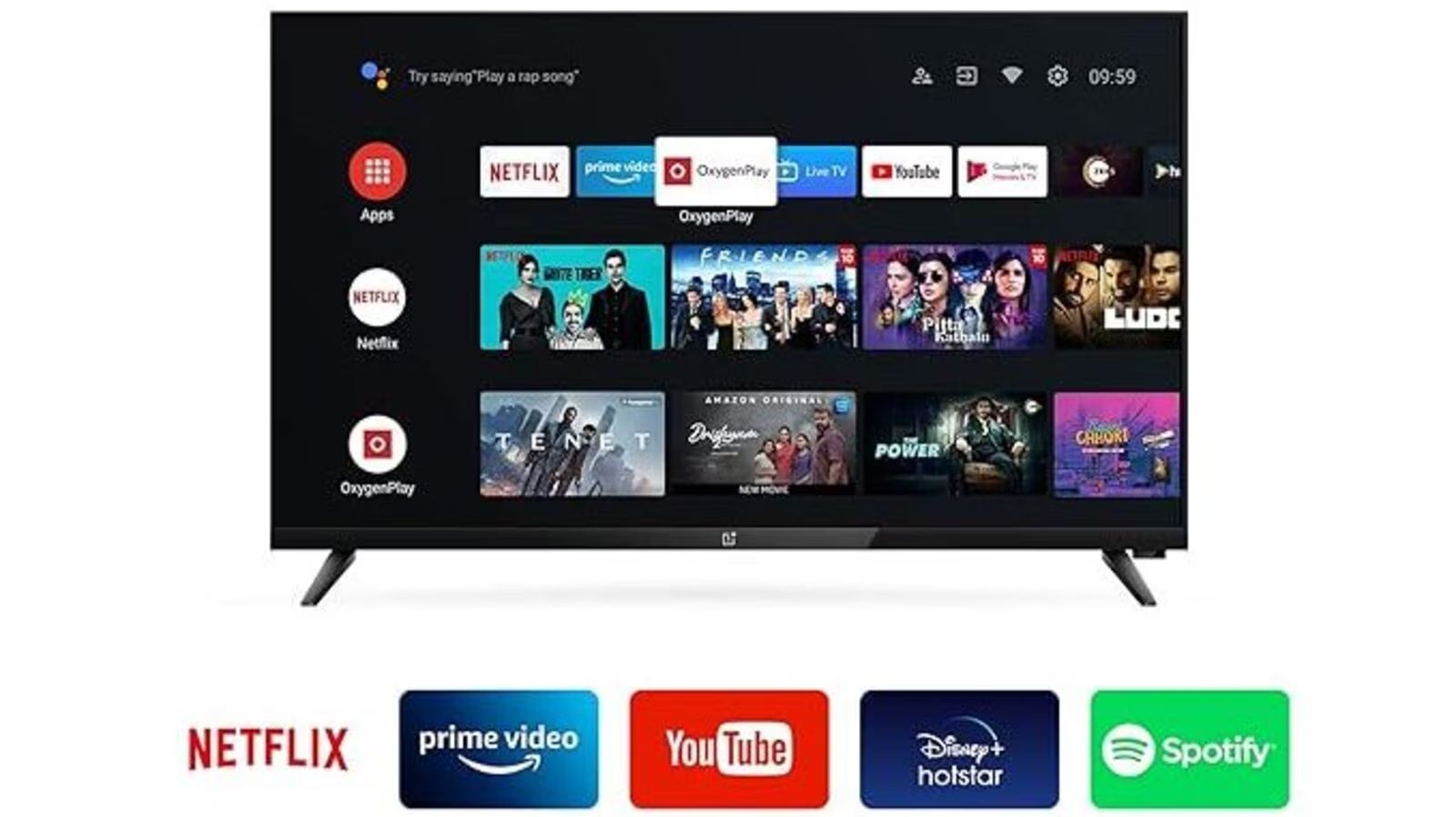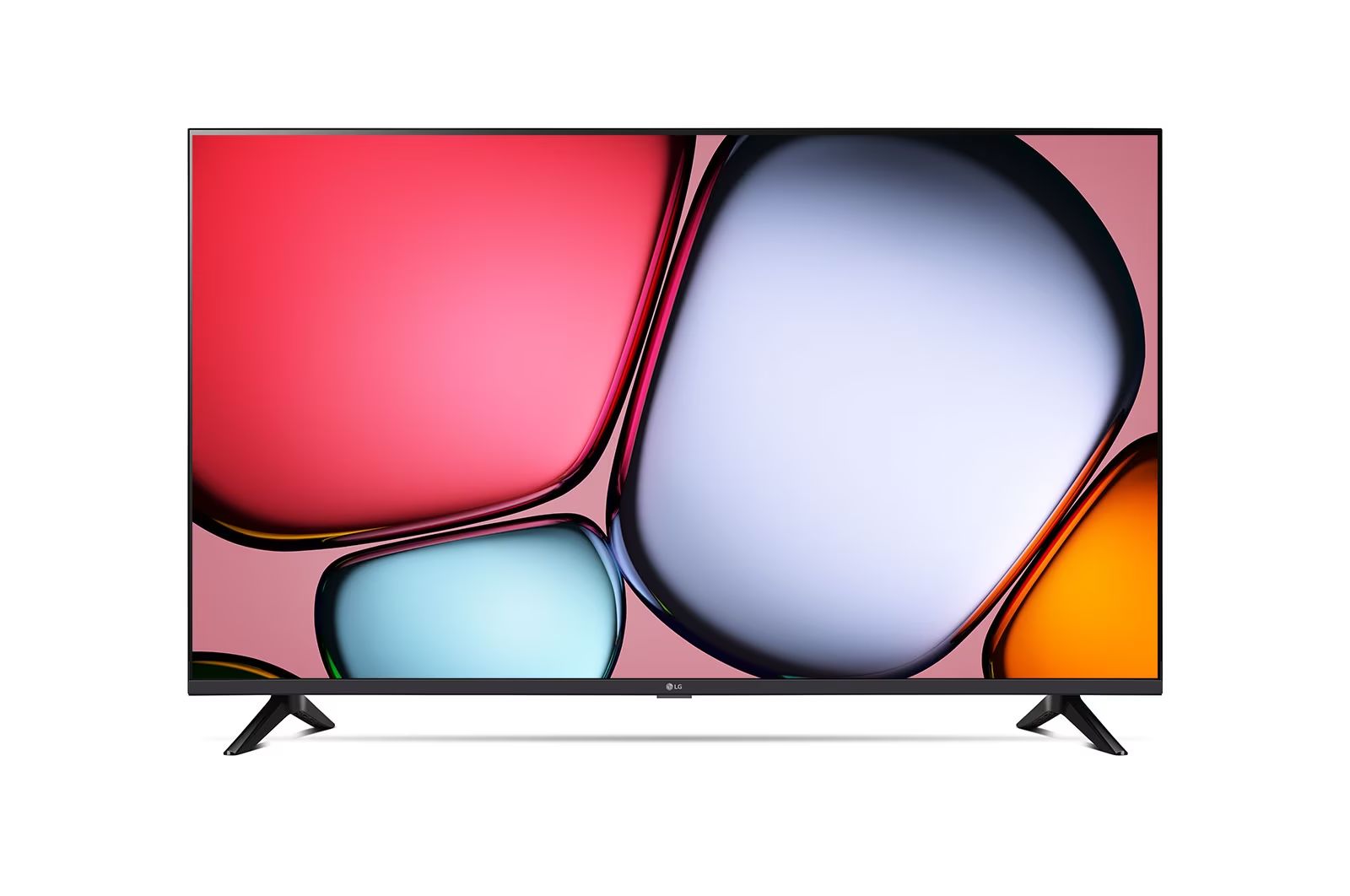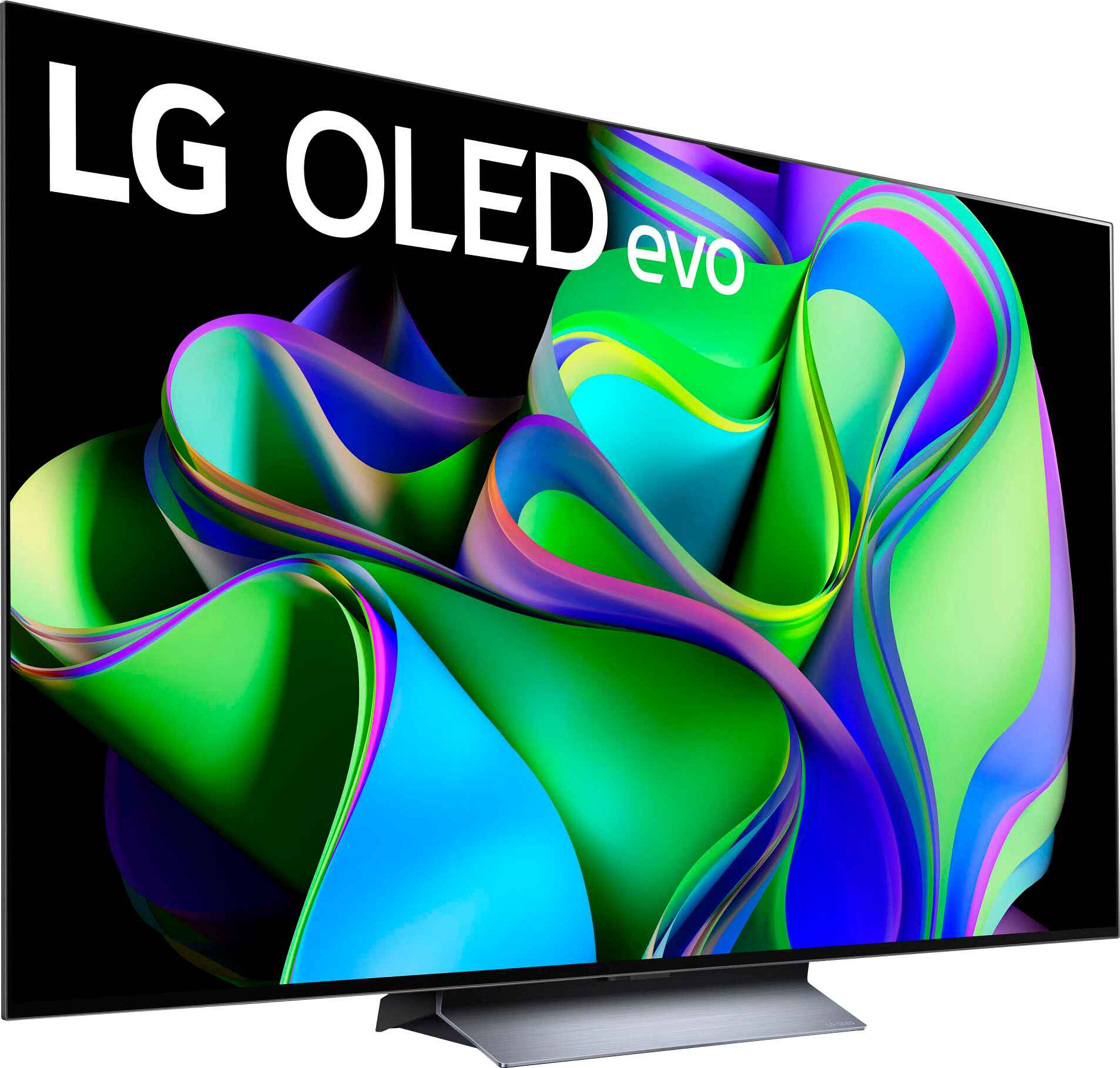Introduction
Samsung Smart TVs have become a popular choice for home entertainment, offering a range of features and functionality that go beyond traditional television programming. One of the key elements that makes Samsung Smart TVs stand out is the operating system (OS) that powers them. The OS determines the user interface, available apps, and overall user experience.
As with any smart device, the OS of a Samsung Smart TV plays a crucial role in delivering a seamless and enjoyable viewing experience. It dictates how users interact with the TV, access content, and customize their preferences.
In this article, we will explore the operating system used by Samsung Smart TVs and dive into its features and capabilities. We will also compare it to other smart TV operating systems on the market and discuss how to update the OS on your Samsung Smart TV. Additionally, we will touch upon alternatives to the default operating system on Samsung Smart TVs.
Whether you are a new Samsung Smart TV owner or considering purchasing one, understanding the operating system is essential for making the most out of your device. So, let’s delve into the world of smart TV operating systems and discover what makes Samsung’s OS stand out.
Smart TV Operating Systems
Smart TV operating systems are specifically designed to run on televisions, allowing users to access a variety of online content and services. These operating systems serve as the backbone of the smart TV’s functionality, providing users with a user-friendly interface and enabling seamless integration with streaming platforms, apps, and other smart devices.
There are several popular smart TV operating systems on the market, each with its own unique features and capabilities. Some of the most common operating systems include Tizen OS, webOS, Android TV, and Roku TV OS. Each of these operating systems offers a different user experience, app selection, and customization options.
In the case of Samsung Smart TVs, the predominant operating system used is Tizen OS, which was developed by Samsung. Tizen OS has gained popularity for its user-friendly interface, extensive app library, and seamless integration with other Samsung devices.
Other manufacturers, such as LG and Sony, have their own proprietary operating systems. LG uses webOS, which provides a user-friendly interface, quick access to popular apps, and convenient multitasking capabilities. On the other hand, Sony uses Android TV, which offers a familiar Android interface along with access to a wide range of apps and games from the Google Play Store.
Roku TV OS is another popular choice among smart TV manufacturers, offering a straightforward user interface, extensive app selection, and a convenient remote control. Roku TV OS is known for its user-friendly design and ease of use, making it a favorite among less tech-savvy users.
While each operating system has its own strengths and weaknesses, the goal remains the same – to provide users with an intuitive and seamless smart TV experience. These operating systems are continuously updated to enhance performance, add new features, and improve compatibility with the ever-evolving world of streaming content.
In the next sections, we will dive deeper into Tizen OS, the operating system used by Samsung Smart TVs, and explore its unique features and advantages.
Tizen OS
Tizen OS is an open-source operating system developed by Samsung, specifically designed for their smart devices, including smartphones, wearables, and of course, Smart TVs. Tizen OS provides users with a seamless and interactive experience, offering a range of features and customization options.
One of the standout features of Tizen OS is its intuitive user interface. The interface is streamlined and user-friendly, making it easy for users to navigate through menus, access apps, and control their TV settings. The layout is clean and visually appealing, allowing users to find what they need quickly and effortlessly.
Tizen OS also boasts an impressive app selection. The Samsung Smart TV app store offers a vast array of applications, ranging from streaming services like Netflix and Hulu to social media platforms and even games. The availability of popular apps ensures that users have access to a wide range of entertainment options in one place.
In addition to the multitude of apps, Tizen OS offers smooth multitasking capabilities. Users can switch between different apps seamlessly, allowing for a more efficient and personalized user experience. Whether you want to browse the internet while watching a movie or check your social media feeds during a commercial break, Tizen OS makes it easy to multitask without interruption.
Another advantage of Tizen OS is its compatibility with other Samsung devices. The operating system allows for seamless integration with other Samsung smart devices such as smartphones, tablets, and wearables. This means that you can easily share content between your TV and other devices, control your TV using your smartphone, or even mirror your phone’s screen directly onto the TV.
Furthermore, Tizen OS is regularly updated to improve performance, add new features, and enhance security. Samsung is dedicated to ensuring that users have the latest and best possible experience with their Smart TVs. These updates are delivered over the air, making it convenient and hassle-free for users to keep their TVs up to date.
Overall, Tizen OS offers a compelling smart TV experience. With its intuitive interface, extensive app selection, multitasking capabilities, and seamless integration with other Samsung devices, Tizen OS is a strong contender in the smart TV operating system market. Samsung continues to invest in the development of Tizen OS, ensuring that users have an exceptional entertainment experience on their Smart TVs.
Features of Tizen OS
Tizen OS, the operating system used by Samsung Smart TVs, offers a range of impressive features that enhance the user experience and provide added convenience. Here are some standout features of Tizen OS:
1. Smart Hub: Tizen OS boasts a user-friendly Smart Hub, which serves as the central hub for all your entertainment needs. The Smart Hub allows you to easily access your favorite apps, streaming services, and TV channels, all in one place. With a customizable layout, you can arrange and organize your apps and content to suit your preferences.
2. Voice Control: Tizen OS supports voice control, allowing you to interact with your TV using simple voice commands. Whether you want to change the channel, search for content, or adjust the volume, you can do it all through voice control. This feature provides a hands-free and convenient way to control your TV.
3. Multi-View: With Tizen OS, you can enjoy the benefits of multi-view functionality. This feature enables you to split the TV screen into two, allowing you to watch two different programs simultaneously. It’s perfect for keeping up with sports events while catching up on your favorite TV show or for following a cooking tutorial while watching a movie.
4. Universal Guide: Tizen OS offers a universal guide feature that provides personalized recommendations based on your viewing preferences. The guide suggests content from various streaming platforms, ensuring that you never run out of things to watch. It also learns your preferences over time and provides more accurate recommendations.
5. Mobile Device Integration: Tizen OS seamlessly integrates with your mobile devices, allowing for enhanced connectivity and control. You can mirror your smartphone’s screen onto the TV, view photos and videos stored on your phone, or even use your mobile device as a remote control. This integration offers a seamless and convenient user experience.
6. Home IoT Support: Tizen OS goes beyond entertainment and supports home automation devices through its Home IoT feature. You can control compatible smart devices in your home, such as lights, thermostats, and security systems, directly from your TV. This integration allows for centralized control and management of your smart home ecosystem.
7. Efficient Performance: Tizen OS is optimized for efficient performance, ensuring fast and responsive navigation. The operating system is designed to minimize lag and provide smooth user experience, even when running multiple apps or streaming high-definition content.
These are just some of the notable features that Tizen OS brings to Samsung Smart TVs. With its intuitive interface, voice control functionality, multi-view options, personalized recommendations, mobile device integration, home automation support, and efficient performance, Tizen OS offers a comprehensive and immersive smart TV experience.
Tizen OS vs Other Smart TV Operating Systems
When comparing Tizen OS to other smart TV operating systems on the market, such as webOS, Android TV, and Roku TV OS, there are several factors to consider. Each operating system has its own unique features, strengths, and weaknesses. Let’s briefly explore how Tizen OS stacks up against these competitors.
1. Interface: Tizen OS offers a clean and intuitive user interface, making it easy for users to navigate and find what they need. It provides a visually appealing layout with easy access to apps and settings. In comparison, webOS also offers a user-friendly interface with smooth animations and a simplified navigation system. Android TV and Roku TV OS provide a familiar interface for users already familiar with Android devices or Roku streaming devices, respectively.
2. App Selection: The availability of apps is a crucial aspect of a smart TV operating system. Tizen OS boasts a vast app library, including popular streaming services, social media platforms, and games. Similarly, webOS offers a decent selection of apps, while Android TV enjoys the advantage of the vast Google Play Store. Roku TV OS, on the other hand, has a wide range of apps available, including many popular streaming services.
3. Integration with Other Devices: Tizen OS is known for its seamless integration with other Samsung devices, allowing for easy content sharing and control. It offers a comprehensive ecosystem for Samsung users. Conversely, webOS offers integration with other LG devices, while Android TV allows for integration with various Android devices. Roku TV OS has limited integration with other devices but excels in its simplicity and ease of use.
4. Updates and Support: Regular updates are crucial to ensure the operating system remains secure, performs well, and delivers new features. Tizen OS provides frequent updates to improve performance and add new functionality. WebOS, Android TV, and Roku TV OS also receive regular updates to enhance the user experience and security.
5. Customization: Tizen OS allows users to personalize their TV experience through customizable layouts and home screens. Similar customization options are available on webOS, Android TV, and Roku TV OS, albeit with some differences in the level of customization and user interface design.
Ultimately, the “best” operating system depends on individual preferences and requirements. Tizen OS shines with its seamless integration with other Samsung devices, vast app selection, user-friendly interface, and frequent updates. However, webOS, Android TV, and Roku TV OS each have their own unique strengths, offering a solid user experience and app selection.
It’s important for consumers to consider their preferred streaming services, desired integrations, and usability when choosing a smart TV operating system. Thankfully, the competition among operating systems drives constant improvements and innovation, ensuring that users have multiple excellent options to choose from.
How to Update Tizen OS on Samsung Smart TV
Keeping your Samsung Smart TV’s operating system up to date ensures that you have access to the latest features, improvements, and security patches. Updating Tizen OS on your Samsung Smart TV is a straightforward process, and here’s how you can do it:
1. Connect to the Internet: Ensure that your Samsung Smart TV is connected to the internet. You can connect via Wi-Fi or using an Ethernet cable.
2. Navigate to the Settings: Using your TV remote, navigate to the settings menu. You can typically access the settings by pressing the “Home” or “Menu” button on your remote, then selecting the “Settings” option.
3. Select “Support”: In the settings menu, look for and select the “Support” option. This will take you to a submenu with support-related settings.
4. Choose “Software Update”: Within the support submenu, locate and select the “Software Update” option. This will initiate the process of checking for available updates.
5. Check for Updates: The TV will now check for any available updates for Tizen OS. If an update is available, you will be prompted to download and install it. Select “Update Now” to begin the update process.
6. Wait for the Update: The TV will start downloading the update and then proceed to install it. This may take some time, so be patient and avoid turning off the TV or interrupting the update process.
7. Complete the Update: Once the update is downloaded and installed, the TV will restart to finalize the update. After the restart, you will have the latest version of Tizen OS on your Samsung Smart TV.
It’s worth noting that some Samsung Smart TVs have an automatic update feature, which allows the TV to check for updates and install them automatically. If your TV has this feature enabled, it will automatically download and install updates in the background, ensuring that your TV remains up to date without any manual intervention.
Updating Tizen OS on your Samsung Smart TV is essential to ensure optimal performance, security, and access to the latest features. It’s recommended to periodically check for updates and install them as they become available to make the most out of your smart TV experience.
Alternatives to Tizen OS on Samsung Smart TV
While Tizen OS is the default operating system for Samsung Smart TVs, there are alternative options available for those who may prefer a different user interface or app ecosystem. Here are some notable alternatives to Tizen OS:
1. Android TV: Android TV is an operating system developed by Google, designed specifically for smart TVs. It offers a familiar interface and access to a wide range of apps and games from the Google Play Store. Android TV is known for its robust ecosystem and seamless integration with other Android devices.
2. webOS: webOS is the operating system used by LG for their smart TVs. It features a user-friendly interface, quick access to popular apps, and a convenient multitasking system. webOS offers smooth navigation and is known for its intuitive design.
3. Roku TV OS: Roku TV OS is a popular choice among smart TV manufacturers, including brands such as TCL and Hisense. It provides a straightforward user interface, extensive app selection, and a convenient remote control. Roku TV OS focuses on simplicity and ease of use, making it a favorite among less tech-savvy users.
4. Fire TV OS: Developed by Amazon, Fire TV OS is primarily found on Amazon Fire TV devices but can also be found on select smart TVs. Fire TV OS provides a user-friendly interface, integration with Amazon’s ecosystem, and access to a wide variety of streaming services and apps.
5. Sony’s Operating Systems: Sony offers a range of smart TVs with various operating systems, including Android TV and their proprietary operating system. Android TV on Sony TVs offers a familiar interface and access to a wide range of apps. Sony’s proprietary operating system provides a user-friendly design, with features such as quick access to settings and versatile customization options.
When considering alternatives to Tizen OS, it’s important to assess your specific preferences and requirements. Factors such as app availability, user interface design, integration with other devices, and customization options can all play a role in determining the best operating system for your needs.
It’s worth mentioning that Samsung Smart TVs come bundled with various features and functionalities that are optimized for Tizen OS. Switching to an alternative operating system may result in some features being unavailable or requiring additional steps to set up and use.
Before making a decision, it’s recommended to research and compare the features, app selection, and user experience offered by the alternative operating systems to ensure they align with your preferences and needs. Ultimately, the choice of operating system should enhance your overall TV viewing experience and provide the features and apps that matter most to you.
Conclusion
Choosing the right operating system for your Samsung Smart TV is essential to ensure a seamless and enjoyable viewing experience. Tizen OS, the default operating system on Samsung Smart TVs, offers a range of features and capabilities that make it a popular choice among users. Its intuitive user interface, extensive app selection, seamless integration with other Samsung devices, and frequent updates contribute to its appeal.
However, it’s important to consider alternative operating systems such as Android TV, webOS, Roku TV OS, and Fire TV OS, which offer their own unique features and strengths. Each operating system has its advantages and may better suit individual preferences and requirements based on factors such as app availability, interface design, device integration, and customization options.
Regardless of the chosen operating system, keeping it up to date is crucial. Regular updates ensure access to the latest features, improvements, and security patches, enhancing the overall performance and functionality of your smart TV.
In conclusion, the operating system on your Samsung Smart TV plays a vital role in your viewing experience. Whether you stick with the default Tizen OS or explore alternative options, consider your preferences, app requirements, and device integration to make an informed decision. With continuous advancements in smart TV technology, there is no shortage of options available to ensure a personalized and immersive entertainment experience in the comfort of your own home.







